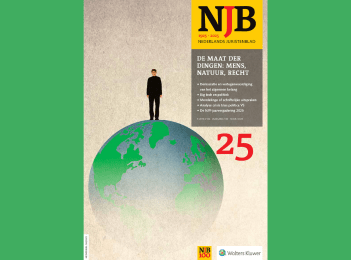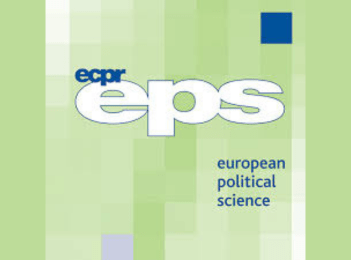The Urgenda Case is Separation of Powers at Work
December 2021. Written by Christina Eckes.
Abstract
Leonard Besselink repeatedly took up the defence of separation of powers in light of the growing powers of the judiciary, resulting principally from two developments: First, international legal instruments increasingly play a role as constitutional sources in determining the validity of national rules; and second, Europeanisation and internationalisation strengthen the grip of the (ordinary) judiciary over the legislature and, as a lesser concern, over the executive. In this short piece, I engage with Leonard Besselink’s arguments, discuss separation of powers in particular in the context of the Urgenda case (Hoge Raad, 2019), and defend the position that the Dutch Supreme Court’s Urgenda ruling is in line with the function of the judiciary. The Urgenda ruling 2019 therefore cannot be criticised for undermining either the specific Dutch conception of separation of powers or more abstract considerations of what separation of powers requires.
Read the full paper here:






